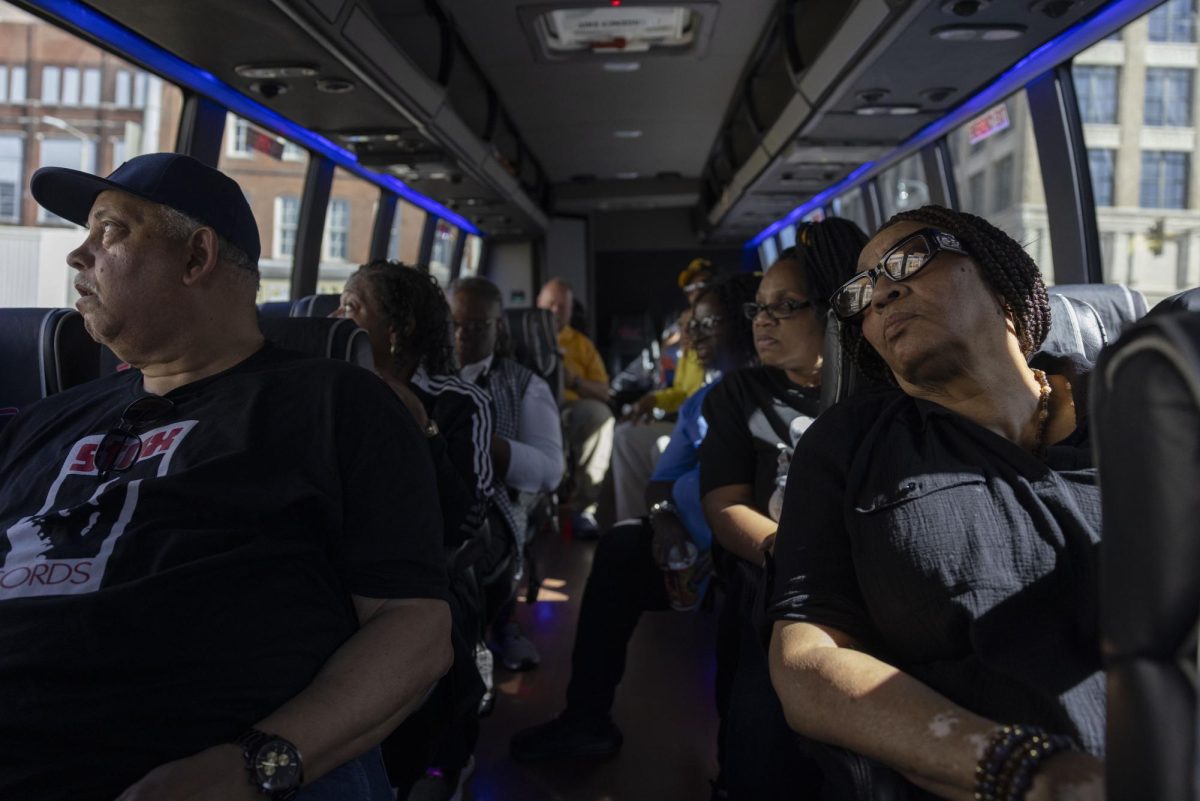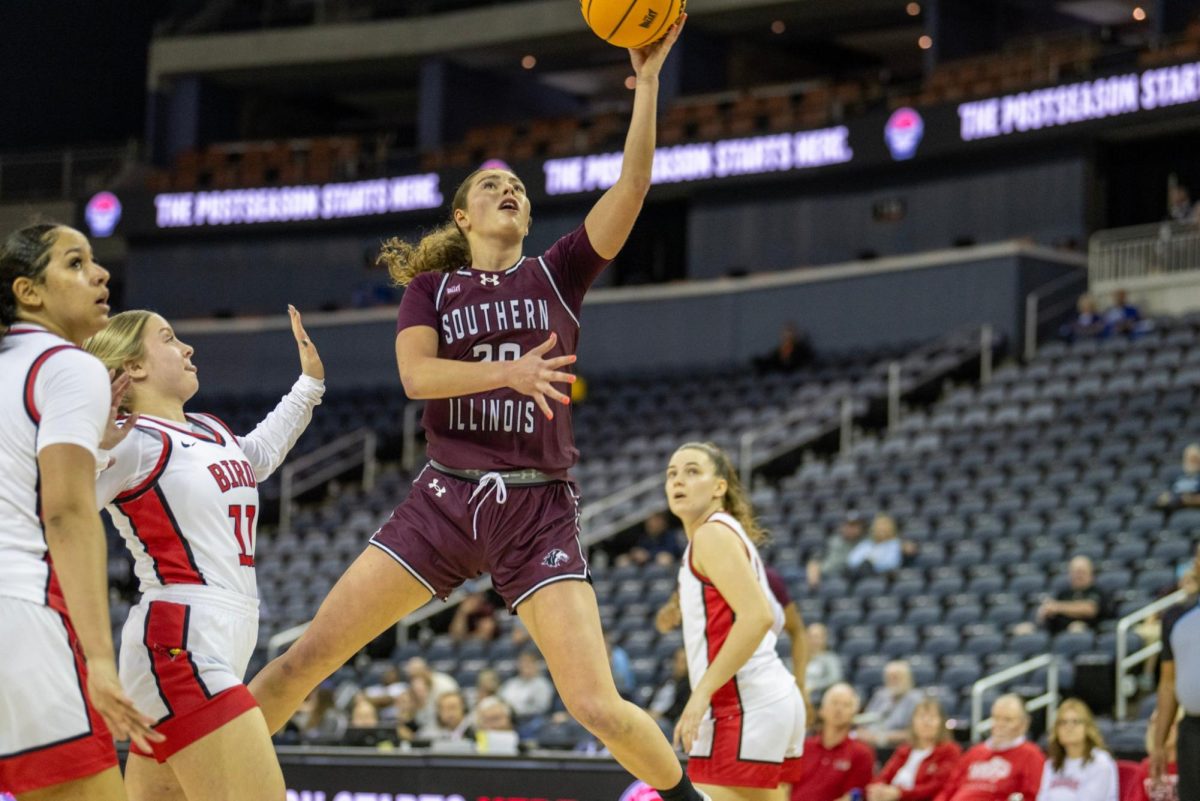Opinion: Nationwide is not on your side
February 3, 2015
Seahawks fans were not the only people crying after Sunday’s Super Bowl.
The big game draws in every die-hard football fan, but also an audience of people who could not point to Green Bay, Wis., on a map. Some watch for the halftime show, in which Katy Perry had a wonderful performance this year, and others watch to see the commercials.
This year, there must have been a memo sent out to companies to find which could create the saddest 30-second ad possible.
Advertisement
Insurance company Nationwide would have won the wretched wager.
The commercial started by showing the life of a young boy. He is riding a tricycle beside his dog, trying to catch up with a group of older boys on bikes. He then looks down in sadness and says he will never learn to ride a bike.
Then the boy talks about never having his first kiss with a girl, comparing it to the childhood fear of catching cooties.
Next, he is traveling through the sky in a jetpack and setting sail across a stormy sea. At this point, viewers are thinking maybe the child has realized the differences between dreams and reality.
Maybe the advertisement is for Monster.com, a perennial commercial holder for the Super Bowl, and website to help people find jobs. Maybe the kid has discovered he needs to settle on his goals and work in a cubicle.
Sadly, the boy said he will never do any of those things because he died from a preventable accident. This clip had to have been directed by M. Night Shyamalan because it felt like seeing the twist in “The Sixth Sense.”
After the commercial hit the air, social media was rife with complaints. Some were angry because the Super Bowl is meant to be this joyous occasion where Americans watch some football, shovel chicken wings in their gullets and enjoy a couple cold ones.
Advertisement*
Those people are right, except for the extreme caloric intake. Super Bowl commercials are meant to be fun, but that does not mean sad ones do not work.
Memes are all over Twitter with the child actor. One of the most popular said, “I would have ran the ball with Lynch, but I died,” in reference to the Seahawks’ decision to pass the ball on the goal line instead of run it with star running back Marshawn Lynch.
Always, a producer of feminine-hygiene products, put together a heartfelt ad showing how the phrase “Like a girl” is outdated. Men and women can throw and run the same way, so the phrase only continues to purvey an inequality between genders.
This ad successfully creates a needed conversation, unlike the one Nationwide wanted.
People are angered because the commercial is sad, but they should be angry for a different reason.
Commercials are designed to sell a product. Nationwide is an insurance company, so its goal is to sell more insurance. They are hoping to guilt you into purchasing insurance on the appeal that your child could die in a preventable accident.
Always does not directly profit from gender equality—women will always need their products. But Nationwide can only stay in business if people buy its insurance.
So, if families are afraid for their children, they will drop whatever price necessary to protect them.
The website promoted in the ad, Makesafehappen.com states more than 7,900 kids died from preventable accidents in 2009, which is cited from the National Vital Statistics System from the National Center for Health Statistics and Centers for Disease Control and Prevention. Those deaths are three times more likely than the combined total of next three causes: homicide, suicide and cancer.
Yes, this appears to be a problem. If there are ways to prevent the death of anyone, not just children, then those means should be promoted.
But the source of the ad is what is troubling. Had a non-profit come out to create the commercial, there would be more sympathy from my end. However, Nationwide could see as much as a $10 million profit from its spot, according to Seth Winter, an NBC executive.
That profit comes straight from fear and viewers’ emotions.
A sad commercial could do well, but this one sends the wrong message. As altruistic as the message appears, there is always a motive. Cash rules everything.
Advertisement








